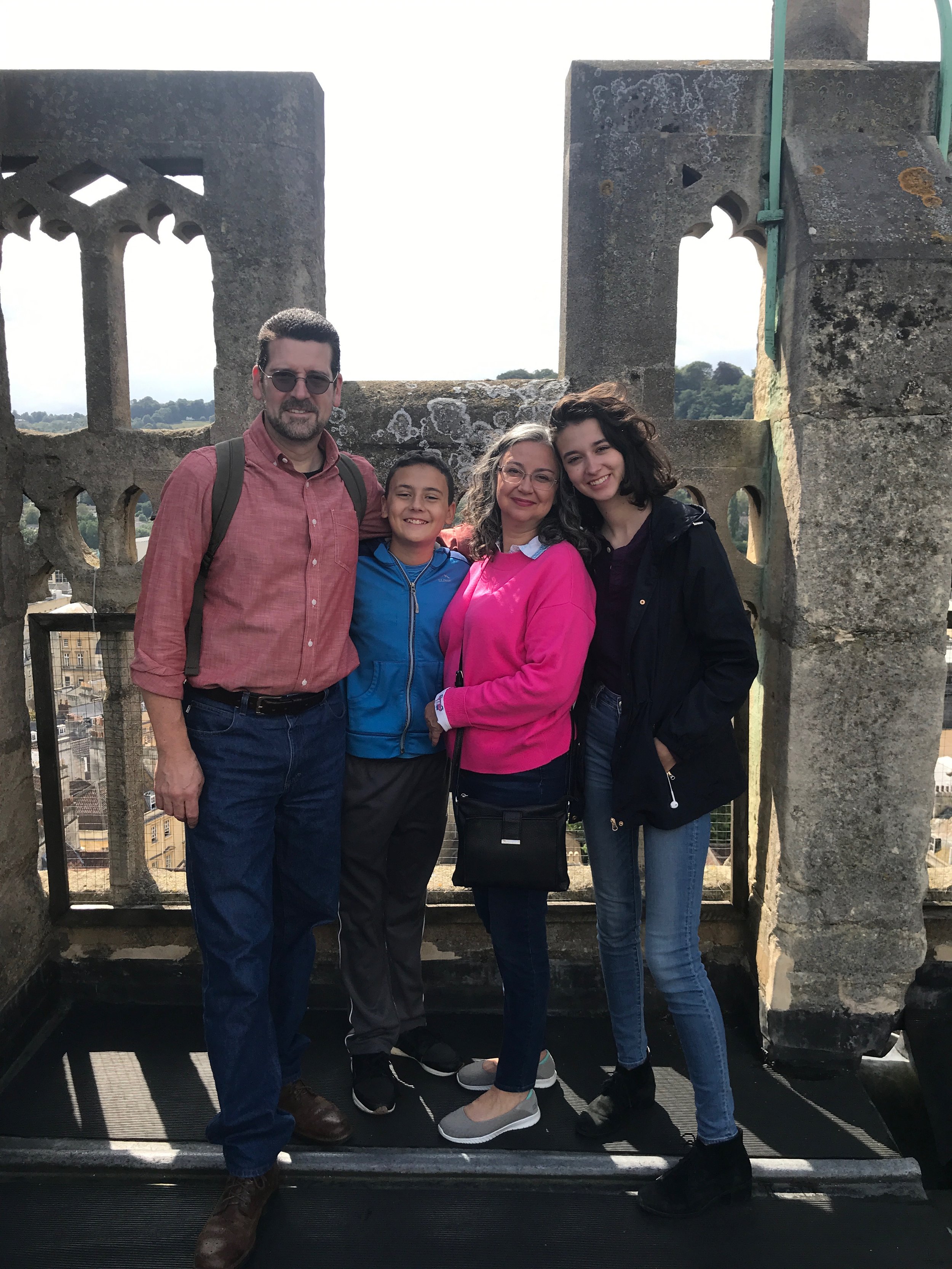C.A. Parker has spent a lifetime working at the intersection of spirituality and social justice, both as the Executive Director of several non-profit organizations, as well as a pastor. His doctoral work is in early Anglican spirituality, specifically on the work of Bishop Lancelot Andrewes (1555-1626). Much of his writing and teaching has been in the area of Stewardship (church language for the raising of money) and he has spent many years exploring the commonalities between Christian and Buddhist contemplative traditions.
Related to the novel, Dr. Parker has studied the Japanese flute -- the shakuhachi -- for over 20 years, as well as the Japanese martial art of Aikido for 25 years (in which he holds a second-degree black belt). He has spent time in Japan studying both disciplines, which he has also taught and which are part of his own eclectic spiritual practice. An avid reader and chess player, he lives in Washington, DC, with his two amazing and creative children, and two rescued pets (a grumpy old dog named Chewbacca and a neurotic cat named Luna).
Prior to embarking on his journey as an author, Charlie spent many years as an advocate for the most vulnerable and disenfranchised residents of Washington, D.C. For sixteen years, he served as the Executive Director of two non-profit ministries in downtown Washington, D.C.: Bread for the City and Emmaus Services for the Aging, overseeing programs that directly touched the lives of thousands of low-income DC residents. He also provided a public witness—in the media and at Congressional and City Council hearings—for a vision of ending homelessness and hunger in the District.
Re-entering denominational life, Charlie served as Executive Director of the United Methodist Stewardship Center and Foundation and as Assistant to the Bishop of the Baltimore-Washington Conference of the United Methodist Church for several years. Charlie served as the Senior Pastor of the National United Methodist Church in Washington, D.C., providing leadership to three church campuses, a foundation, two shelters, and a large anti-hunger program. Charlie was a prominent and vocal advocate for the full inclusion of LGBTQ persons in the life of the denomination, also serving as the Chair of the Board of Ordained Ministry for the annual conference and on the Board of Governors for Wesley Theological Seminary.



